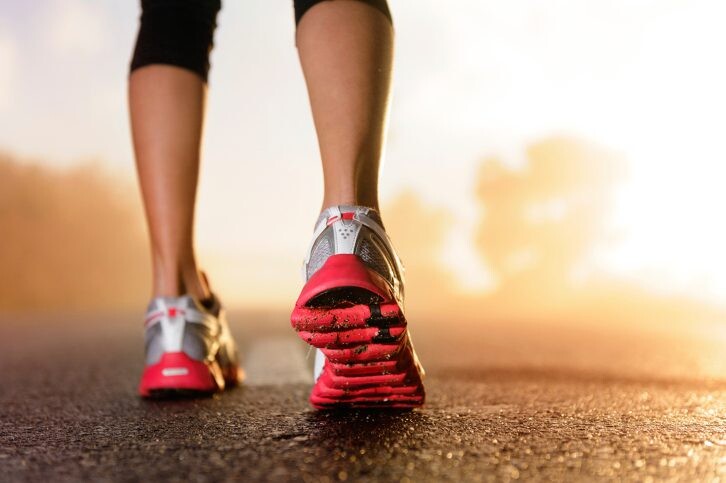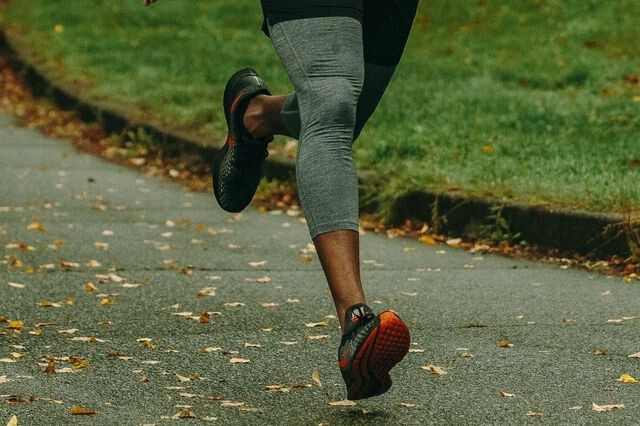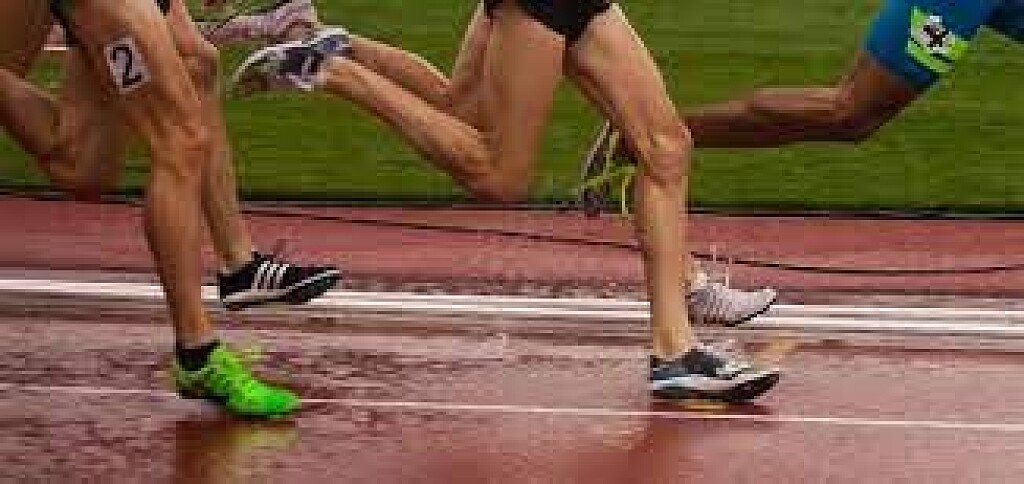Running News Daily
Running News Daily is edited by Bob Anderson. Send your news items to bob@mybestruns.com Advertising opportunities available. Train the Kenyan Way at KATA Kenya and Portugal owned and operated by Bob Anderson. Be sure to catch our movie A Long Run the movie KATA Running Camps and KATA Potato Farms - 31 now open in Kenya! https://kata.ke/
Index to Daily Posts · Sign Up For Updates · Run The World Feed
Is the sound of your footstrike important?
A common piece of advice given to runners is to land softly or quietly with each step to avoid injuries and improve stride efficiency. While this sounds like a reasonable suggestion, new research has determined that the softness of our footstrike may not be as important as we once thought.
The hypothesis
The idea behind trying to land softer when you run is that by doing so, you decrease the landing forces acting on your joints and muscles, thereby reducing your risk for impact-related running injuries, like stress fractures. At the same time, focusing on landing softly is thought to promote a smoother, more efficient stride, which could reduce your risk for overuse injuries like runner’s knee and other common problems that affect runners.

This seemed to be confirmed by a 2016 Harvard study, which found female runners who had a softer landing when they ran (regardless of size or weight) appeared to experience lower rates of injuries. This led many coaches and physiotherapists to encourage runners to listen to the sound of their footstrike while out for a run. A loud footstrike meant you were landing hard, thereby putting you at a greater risk for injuries, while a quiet footstrike meant the opposite.
The study

The goal of this study, published in the Journal of Athletic Training, was to examine the relationship between impact sound and loading rates. The researchers had 30 participants (15 women and 15 men) complete running trials with three different footstrike techniques (rearfoot strike, midfoot strike and forefoot strike) in a gait analysis laboratory. They measured the impact sound using a shotgun microphone, and analyzed the peak sound amplitude, median frequency and sound duration.
They found that a midfoot strike produced the loudest sound, followed by a forefoot strike. Interestingly, the rearfoot striking technique appeared to produce the softest sound. More importantly, the researchers found no significant relationship between footstrike volume and loading rates.
“The results suggest that impact-sound characteristics may be used to differentiate foot-strike patterns in runners,” the researchers concluded. “However, these did not relate to lower limb kinetics. Therefore, clinicians should not solely rely on impact sound to infer impact loading.”
What does this mean for runners?
Focusing on how loud your foot is when it hits the ground may not be as beneficial at preventing injuries as you want it to be. Injuries are complicated, and it’s often a multitude of factors that lead to an injury, not just one specific issue. Most experts agree that running injuries are more often a result of doing too much too soon, not allowing your body to recover properly between sessions or having some strength imbalances that cause the overuse of specific muscles. More often than not, it’s a combination of two or more of those issues.
That’s not to say that there’s no benefit to improving your gait or stride. If you’re more efficient with every step, you’ll be able to run faster with fewer injuries, which, of course, is the goal of most runners. If you want to improve your stride, you’re better off speaking with a running-specific physiotherapist or other sports therapist who can identify the areas you need to improve and give you drills, stretches and exercises to get you there. More often than not, actively trying to change your stride mid-run is frustrating and ineffective, and can even lead to injuries.
So whether you glide across the roads like a mosquito on water or your feet hit the pavement like you’re a part of “Stomp, the Musical”, it may not matter. Regardless of what level of sound your feet make, if you’re experiencing a high rate of injuries, it’s time to speak with a sports therapist to get to the root of the problem so you can run happy and healthy without interruption.
by Brittany Hambleton
Login to leave a comment




